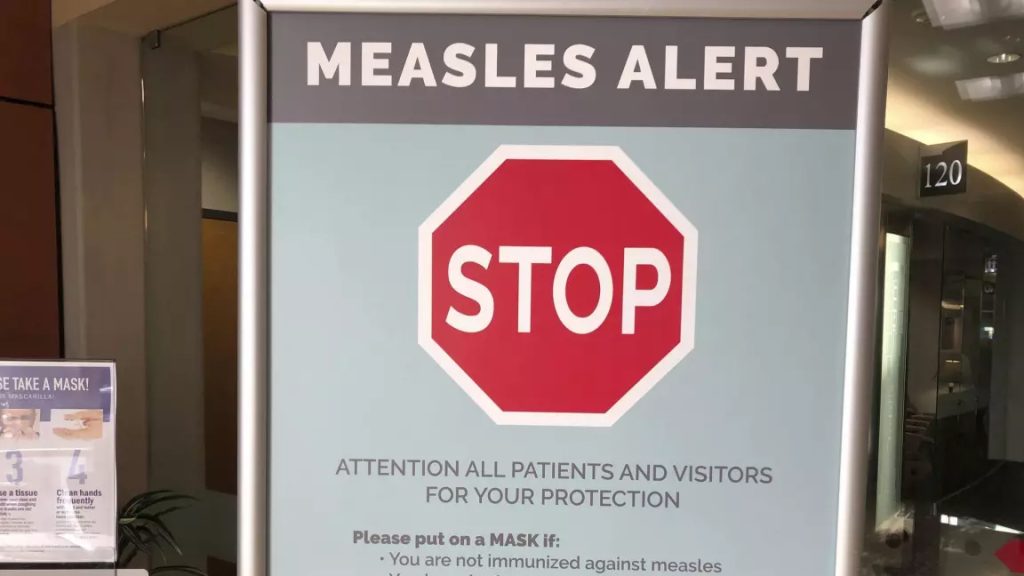Harper says he personally favours death penalty but won’t reinstate it
Posted Jan 19, 2011 3:14 am.
This article is more than 5 years old.
OTTAWA – Prime Minister Stephen Harper says he personally favours the death penalty in some instances.
But the prime minister says he has no plans to resurrect debate over capital punishment — at least not in the next Parliament.
In an interview with CBC News on Tuesday, Harper was even more categorical about abortion, indicating he has no interest in ever reopening debate on that hot potato.
He says the key to reducing the number of aborted pregnancies is changing attitudes, not laws.
Harper’s views on the hot-button issues were probed by Peter Mansbridge, anchor of CBC’s The National, who wanted to know what the prime minister would do should he manage to win a majority in the next election.
In past elections, opponents have issued dark warnings that Harper would use a majority to impose a socially conservative agenda. Among other things, Harper has been accused of harbouring a “hidden agenda” to recriminalize abortion, which has been without legal limit in Canada since 1988, and to reinstate capital punishment, which was abolished in 1976.
But Harper, who gave even odds on an election this year, dismissed suggestions Canadians still fear what he’d do if handed a majority blank cheque.
“My own sense is Canadians have gotten comfortable with this government,” he said.
“I think most Canadians understand that we’re a government that is … reasonably confident, focused on real issues, on trying to make the country better, not trying to enrich or glorify ourselves.”
He was resolute about leaving the abortion file firmly closed.
“Look, Peter, I have spent my political career trying to stay out of that issue. It’s one on which people, including in my own party, have passionate views. They’re all over the map,” he said.
“What I say to people (is) if you want to diminish the number of abortions, you’ve got to change hearts and not laws. And I’m not interested in having a debate over abortion law.”
On reinstating capital punishment, Harper said simply: “I don’t see the country as wanting to do that.”
When Mansbridge pointed out that he seemed to be closing the door less firmly on that issue, Harper added, somewhat disjointedly: “Well, I personally think there are times when capital punishment is appropriate.
“But I’ve also committed that I’m not, you know, in the next Parliament, I’m not, no plans to bring that issue forward.”
PMO spokesman Dimitri Soudas later said in an email that the government “has absolutely no plans to reinstate capital punishment.”
Harper’s minority government has studiously avoided coming anywhere near the abortion or capital punishment files — at least in terms of domestic law.
But it has reopened both issues as they apply to Canada’s foreign policy.
Harper stoked controversy last spring when he refused to include funding for abortions in his G8 initiative to champion maternal and child health in the world’s poorest countries.
And his government briefly initiated a new policy whereby Canada no longer automatically sought clemency for Canadians facing the death penalty in democratic countries like the United States.
A Supreme Court ruling forced the government to abandon the policy.
Opposition parties have been sabre rattling about triggering an election over the Harper government’s next budget, expected in late February or early March. Harper said he’s not sure if they’re serious.
“My gut tells me I don’t know. It’s 50-50,” Harper said.
“We take the threats from the opposition very seriously. I don’t think it’s in the country’s interest, I don’t think it makes any sense to have one right now but, if we’re forced into one, we’ll be ready.”










